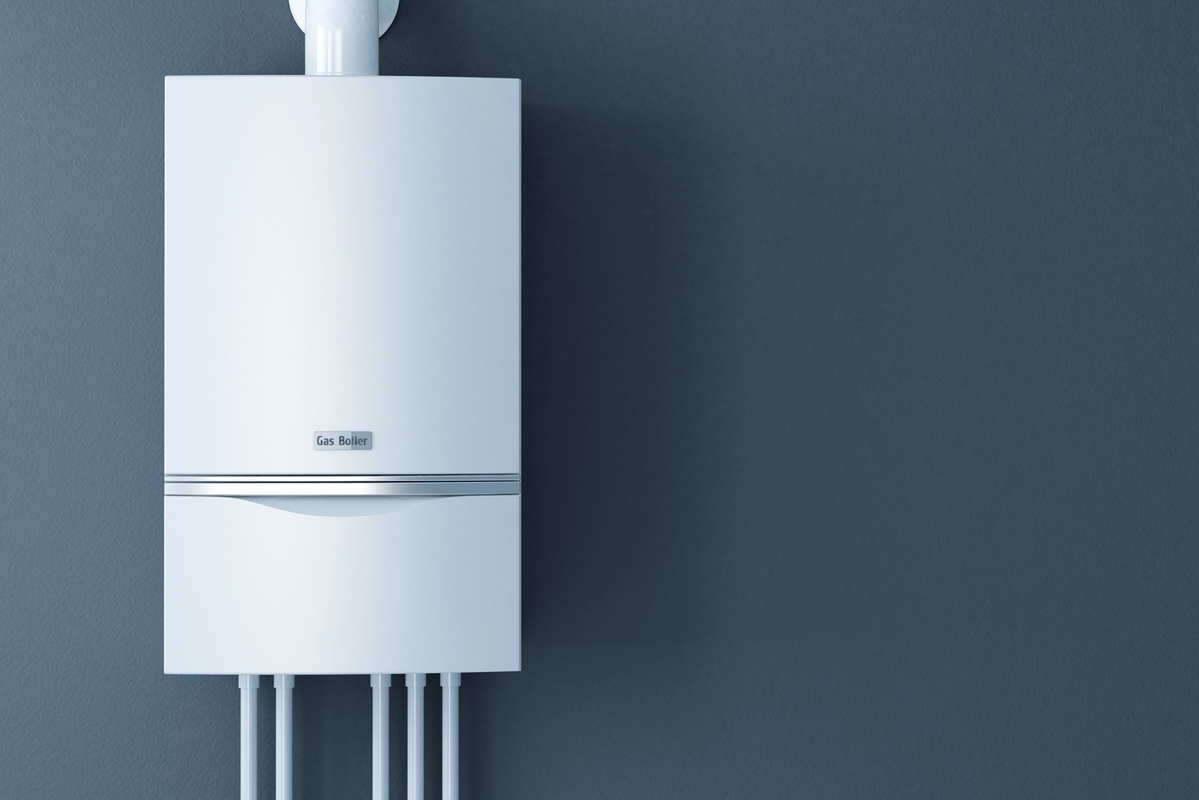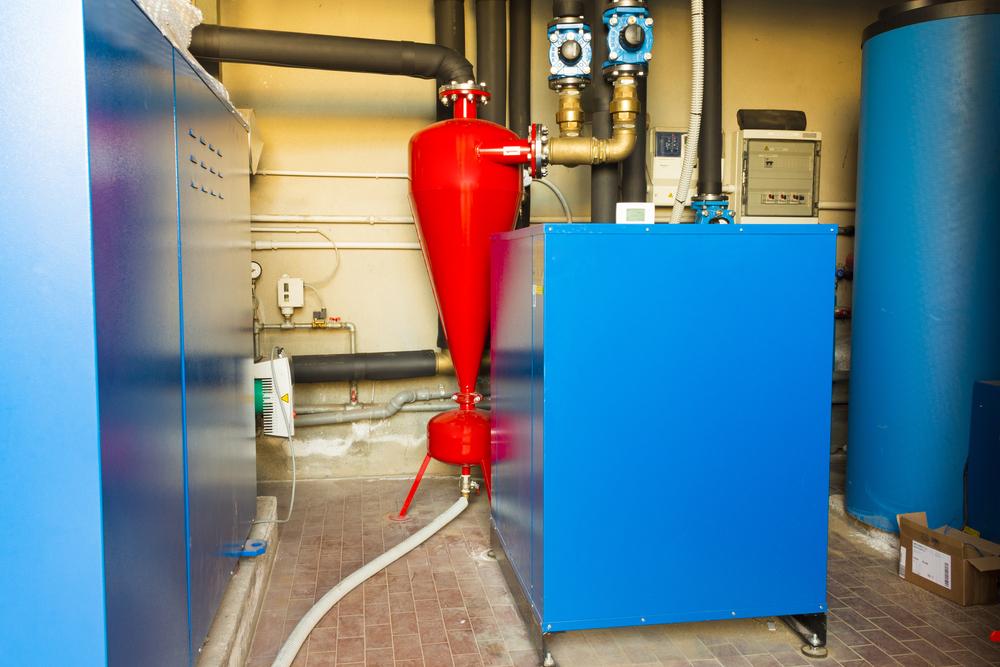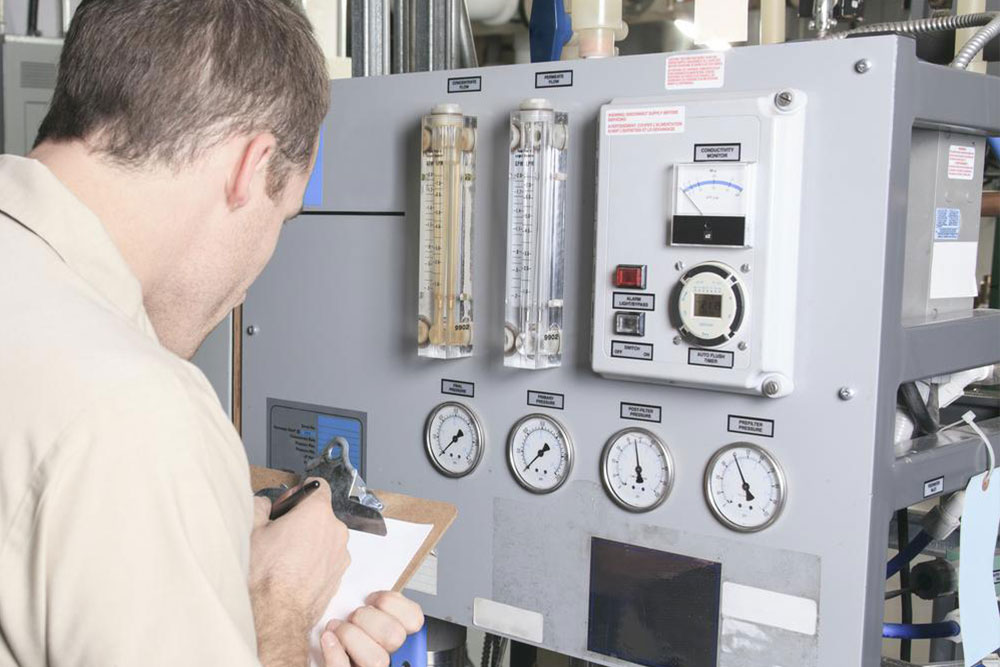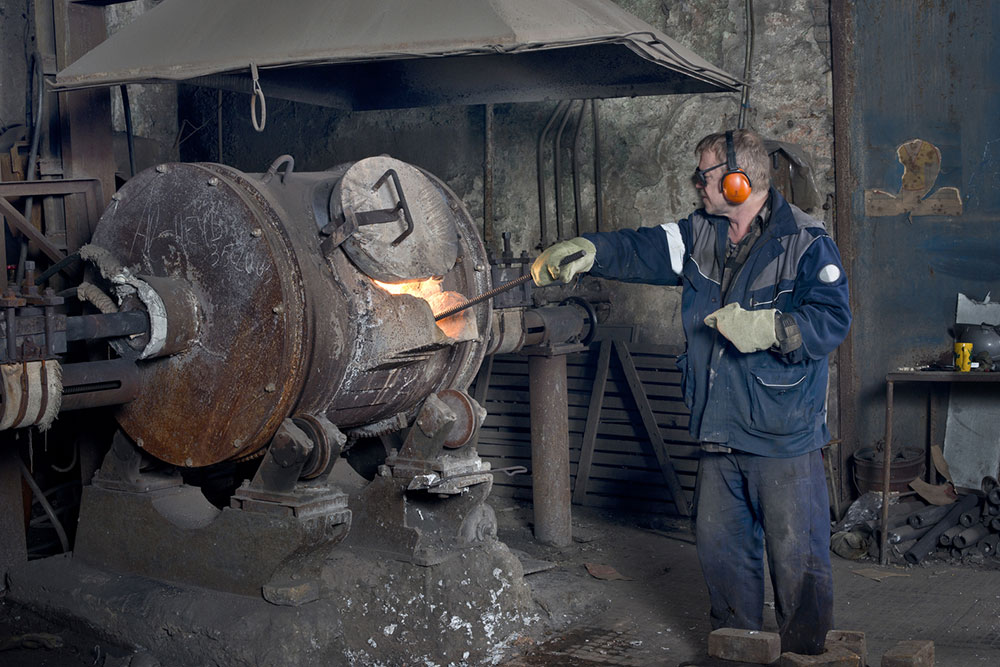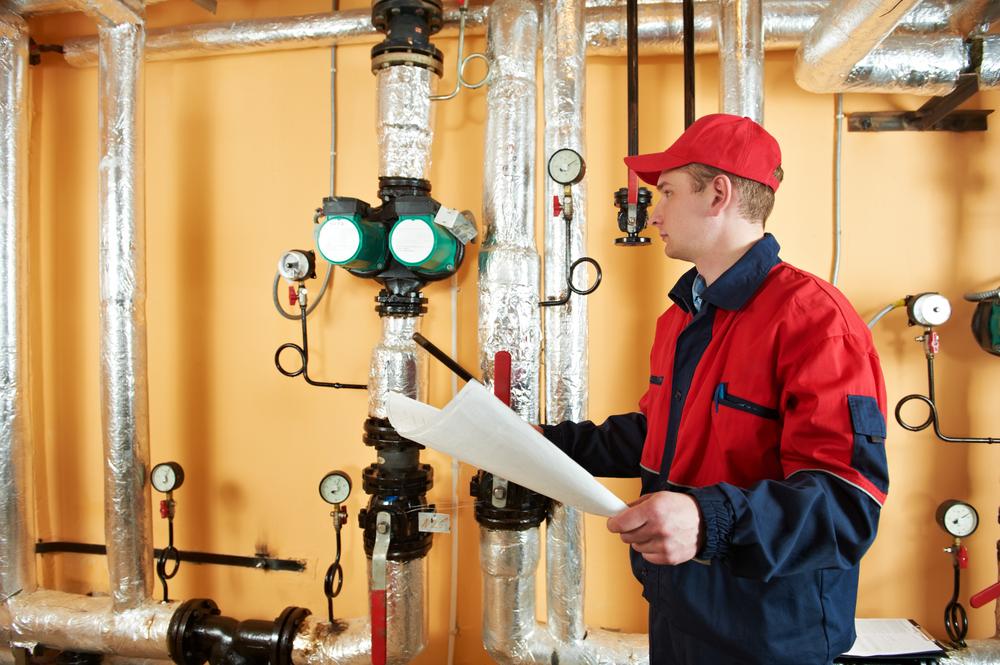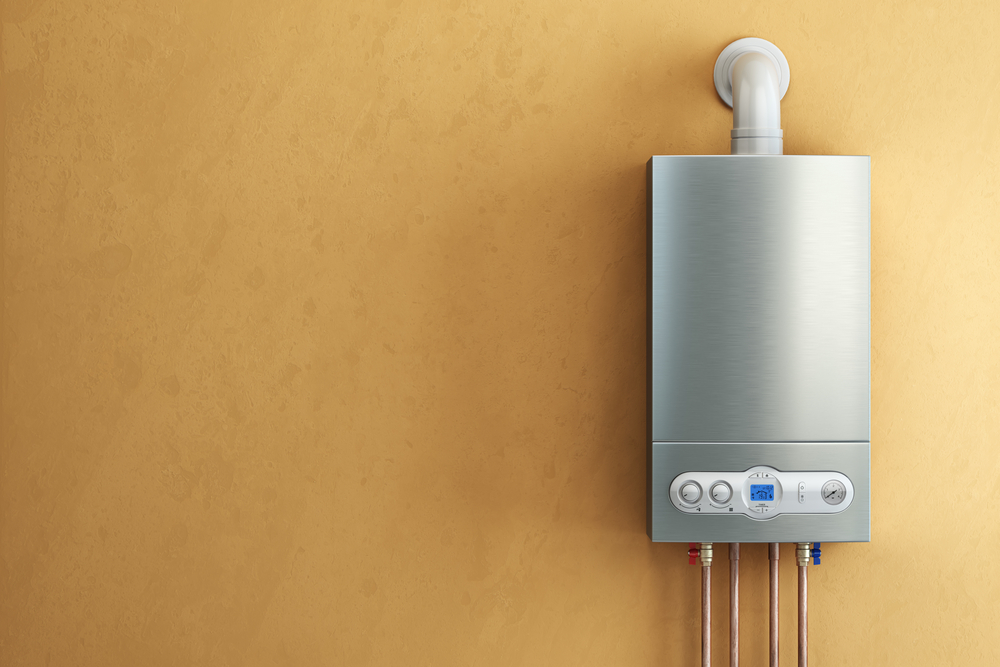Advantages of Combination Boilers and How to Select the Best Model
Discover the key benefits of combination boilers, including cost savings, eco-friendliness, and compact design. Learn practical tips on choosing the right model based on power, energy efficiency, and smart features. Understand installation costs and considerations for a seamless upgrade to a reliable heating and water system that saves space and reduces bills.
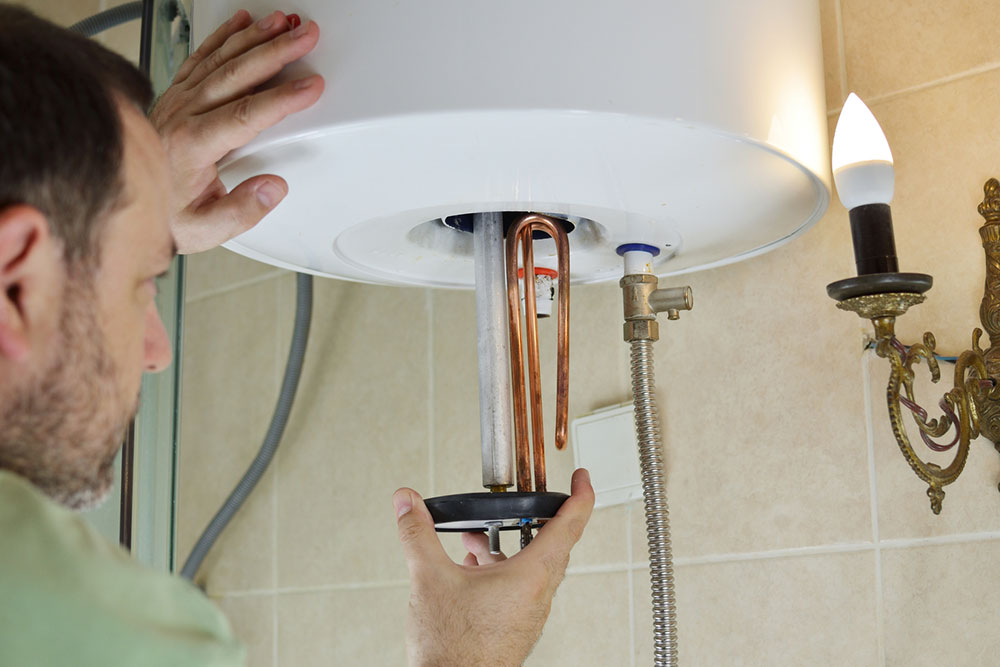
Advantages of Combination Boilers and How to Select the Best Model
Opting for separate heating and water systems can be costly, often leading to higher monthly utility bills. Combination boilers, or combi boilers, offer an efficient solution by providing both space heating and hot water from a single unit. Increasingly popular, these boilers are favored for their convenience and efficiency.
Benefits of choosing a combi boiler
Cost savings
Swapping traditional boilers for combi models reduces costs. These units heat water on demand, eliminating the need for storing hot water, which lowers energy consumption and utility expenses.
Eco-Friendly Choice
Because combi boilers heat water only when needed, they conserve energy and emit fewer carbon pollutants compared to traditional systems. This makes them a more sustainable and environmentally conscious option amid climate concerns.
Instant Hot Water Supply
Unlike conventional units that require waiting for water to heat, combi boilers provide hot water instantly, making them ideal for busy households.
This feature is particularly beneficial for large families, saving time and improving comfort.
Space-Saving Design
Combi boilers are compact, fitting easily into small spaces or utility closets. Their size also makes installation and relocation simple, which is advantageous during home moves or upgrades.
Providing Clean Drinking Water
Since water isn’t stored in tanks, the risk of dirt or debris buildup is minimized. Combi boilers supply consistently clean and safe water, including cold water sources.
Tips for Selecting a Combi Boiler
Assess Power Output (kW)
The kilowatt rating determines the heating capacity. Larger homes may require higher kW units, but higher power models can increase operating costs. Choose a unit that balances your household size, energy efficiency, and budget.
Choose Between Electric and Gas Models
Gas boilers run on natural gas or fossil fuels, whereas electric models are eco-friendly but tend to be costlier to operate. Consider your energy sources and sustainability goals before deciding.
Check for Energy Efficiency Ratings
Look for models with high energy ratings to minimize running expenses. Gas units typically achieve around 93% efficiency, while electric models can reach nearly 100%.
Opt for Smart Features
Smart combi boilers can connect with thermostats and home automation systems, enhancing energy savings and control. Reputable brands often offer these advanced options.
Pre-Plan Installation Location
Though compact, choosing a suitable spot before installation helps prevent logistical issues later. Proper placement ensures easier maintenance and operation, especially for seniors or those with limited mobility.
Cost of Buying and Installing a Combi Boiler
Prices vary based on size, type, and brand, typically ranging from $2,200 to $6,000. Installation and replacement costs might add another $1,500 to $16,000, with the average around $7,200. Budgeting for initial purchase, installation, and ongoing maintenance is essential to avoid unexpected expenses.While combi boilers offer numerous advantages, potential drawbacks include complex parts that could be costly to repair. Additionally, very high water demand households may find these units less capable of meeting their needs. Careful selection and research can help mitigate these issues, ensuring efficient and reliable performance.

